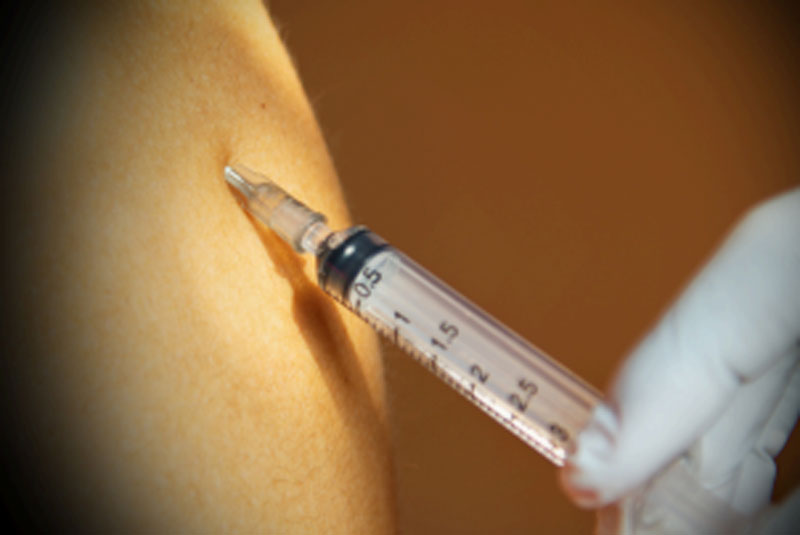Is TRT Safe: What You Need to Know

Testosterone Replacement Therapy (TRT) is a medical treatment designed to address low testosterone levels in men, a condition often referred to as hypogonadism. Despite its growing popularity and widespread use, many people still question the safety of TRT. As with any medical treatment, understanding the risks and benefits is essential for making an informed decision. Here, we explore the evidence supporting the safety of TRT and address some common misconceptions.
What is TRT?
TRT involves supplementing testosterone levels in men who experience symptoms of low testosterone. These symptoms can include fatigue, low libido, depression, reduced muscle mass, and difficulty concentrating. The treatment is available in several forms, such as injections, gels, patches, and pellets, allowing flexibility based on individual needs and preferences.
The Safety of TRT: Key Evidence
-
Cardiovascular Health
Evidence: Earlier concerns suggested that TRT might increase the risk of heart attacks and strokes. However, more recent, large-scale studies have shown no significant association between TRT and cardiovascular events when managed properly.
Details: Research indicates that men with optimized testosterone levels may actually experience improved heart health, including better cholesterol profiles and reduced inflammation markers.
-
Prostate Health
Evidence: There was a long-held belief that TRT could increase the risk of prostate cancer. Modern studies have debunked this myth, showing no direct link between TRT and an elevated risk of prostate cancer.
Details: Routine screening and monitoring during TRT help ensure that any prostate-related concerns are addressed promptly.
-
Bone Density and Muscle Mass
Benefits: TRT has been shown to improve bone density and muscle mass, which are often diminished in men with low testosterone levels. This reduces the risk of fractures and enhances overall quality of life.
-
Mental Health
Evidence: Low testosterone levels are linked to mood disorders, including depression and anxiety. TRT has been associated with improved mood, energy levels, and cognitive function.
Addressing Common Misconceptions
TRT and Aggression: Media portrayals often suggest that TRT causes aggressive behavior. However, studies show that normalizing testosterone levels generally stabilizes mood and reduces irritability.
TRT and Fertility: While TRT can suppress natural testosterone production and affect sperm count, this effect is reversible. Men concerned about fertility can explore adjunct treatments like hCG (human chorionic gonadotropin) alongside TRT.
The Importance of Medical Oversight
The key to ensuring the safety of TRT lies in proper medical supervision. Working with a knowledgeable healthcare provider ensures that:
- Baseline hormone levels are accurately assessed.
- Treatment is tailored to individual needs.
- Regular monitoring of testosterone levels, hematocrit, cholesterol, and prostate health is conducted.
Conclusion
Testosterone Replacement Therapy, when prescribed and monitored by a qualified medical professional, is a safe and effective option for men suffering from low testosterone. By addressing both physical and mental health concerns, TRT has the potential to significantly improve quality of life. If you’re considering TRT, consult with a healthcare provider to discuss your symptoms, evaluate your risks, and determine if it’s the right choice for you.